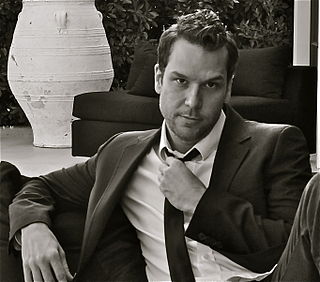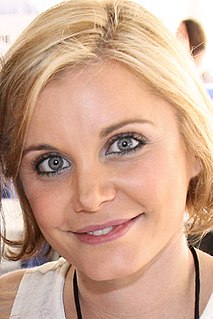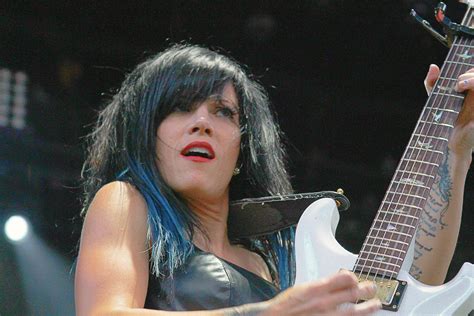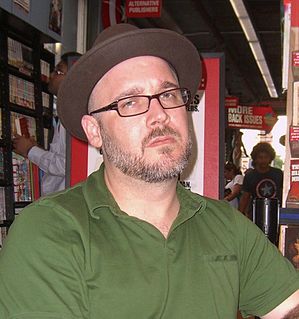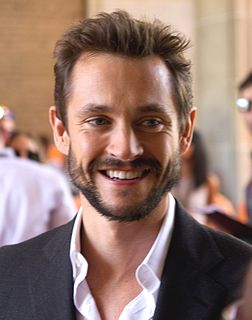A Quote by Scott McCloud
There's a very big part of me that just wants to take all of comics history and toss it on the bonfire. I'd sort of like to get on to the future.
Related Quotes
I’ve always thought that if comics are a part of pop culture [then] they should reflect pop culture, but a lot of the time comics, superhero comics especially, just feed on themselves. For me, comics should take from every bit of pop culture that they can; they’ve got the same DNA as music and film and TV and fashion and all of these things.
One of the tools I like a lot is the Just Like Me practice. It's one of the empathy practices where we put ourselves in the other's shoes. Rather than get caught up in the difference in the ideologies, we actually come back to the fundamental idea: just like me, this person on the opposite political spectrum wants to be happy, wants to be safe, wants to thrive, wants to be healthy, wants to find peace of mind.
I put a lot of effort in creating something fictional, yet very personal, because Shook is a defining part of me and my music: the Shook entity is much like the Batman or Superman comics characters. I like the idea that I can have this image that represents a part of me, but isn't really me, kind of like an alter ego.
The good part of what comics trains you to do is it trains you - especially if you've worked in mainstream comics like Marvel and DC, or if you're just doing your own independent comics - to compartmentalize things and work on multiple things at the same time. And that's a skill that is incredibly handy in Hollywood, because within the first year that you get here, you realize there's a reason why every successful person in Hollywood has like seven or eight projects up in the air at any point.



